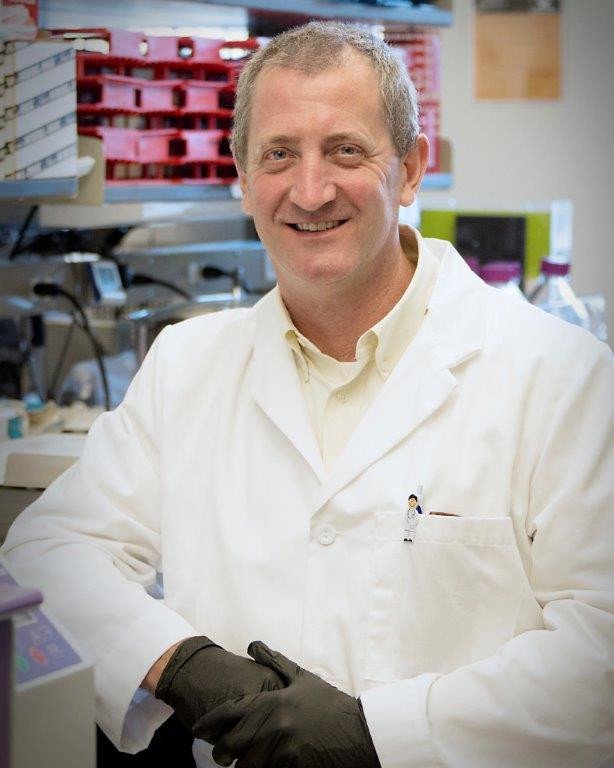Fighting For The Future: Mitigating Antimicrobial Resistance Through Better Stewardship
TEXAS A&M UNIVERSITY
PROBLEM
Antibiotic resistance threatens to reverse decades of advances in human and animal health.
SOLUTION
Build a voluntary framework through broad stakeholder engagement to identify, evaluate, and implement effective interventions for preventing antibiotic resistance.
FUNDING
USDA NIFA AFRI
RESEARCHERS
H. Morgan Scott, PhD,Texas A&M University
Mayukh Dass, PhD, Texas Tech University
Yrjö Gröhn, PhD, Cornell University
Ellen Jordan, PhD, Texas A&M AgriLife
Guy Loneragan, PhD, Texas Tech University
Wm. Alex McIntosh, PhD, Texas A&M University
Gerald Midgley, PhD, University of Hull, UK
Jason Sawyer, PhD, Texas A&M AgriLife
Robert Hagevoort, PhD, New Mexico State University
Antibiotics have been prescribed for people and animals at rates that have encouraged bacteria to expand resistance. If this trend continues, life-saving antibiotics may be ineffective in the future.
Dr. Scott and his team are combating this threat by developing and sharing a voluntary framework for antimicrobial stewardship for animals. Their efforts focus on beef and dairy cattle production systems. The framework includes core values and ethics, basic scientific principles, best management practices, tools, and protocols to improve voluntary compliance, optimize animal health, and minimize risks to people.
This consultative process engages industry partners and other key stakeholders early in the process. Based on field research with cattle, they emphasize voluntary stewardship and adoptable actions to mitigate resistance that surpass product label requirements.
This science-based framework must be able to adapt to change, particularly as new and emerging resistance genes develop. Animal trials are underway. Ultimately, Dr. Scott and his team are aiming to provide empirical data about the science of antimicrobial resistance to guide the best practices for antibiotic use. They are working to preserve populations of bacteria that can continue to be treated by antibiotics.
Dr. Scott emphasizes that this research is based on a moral imperative. For the sake of future generations, society needs to develop a plan to ensure that we have the ability to continue to treat bacterial infections. The agricultural industry can do its part by voluntarily implementing a code of best practices based on sound science.
“Bacteria can outsmart us at every turn. We must maximize voluntary stewardship so that we are able to effectively treat bacterial infections in the coming years and decades. We have moral and ethical obligations to future generations.”

